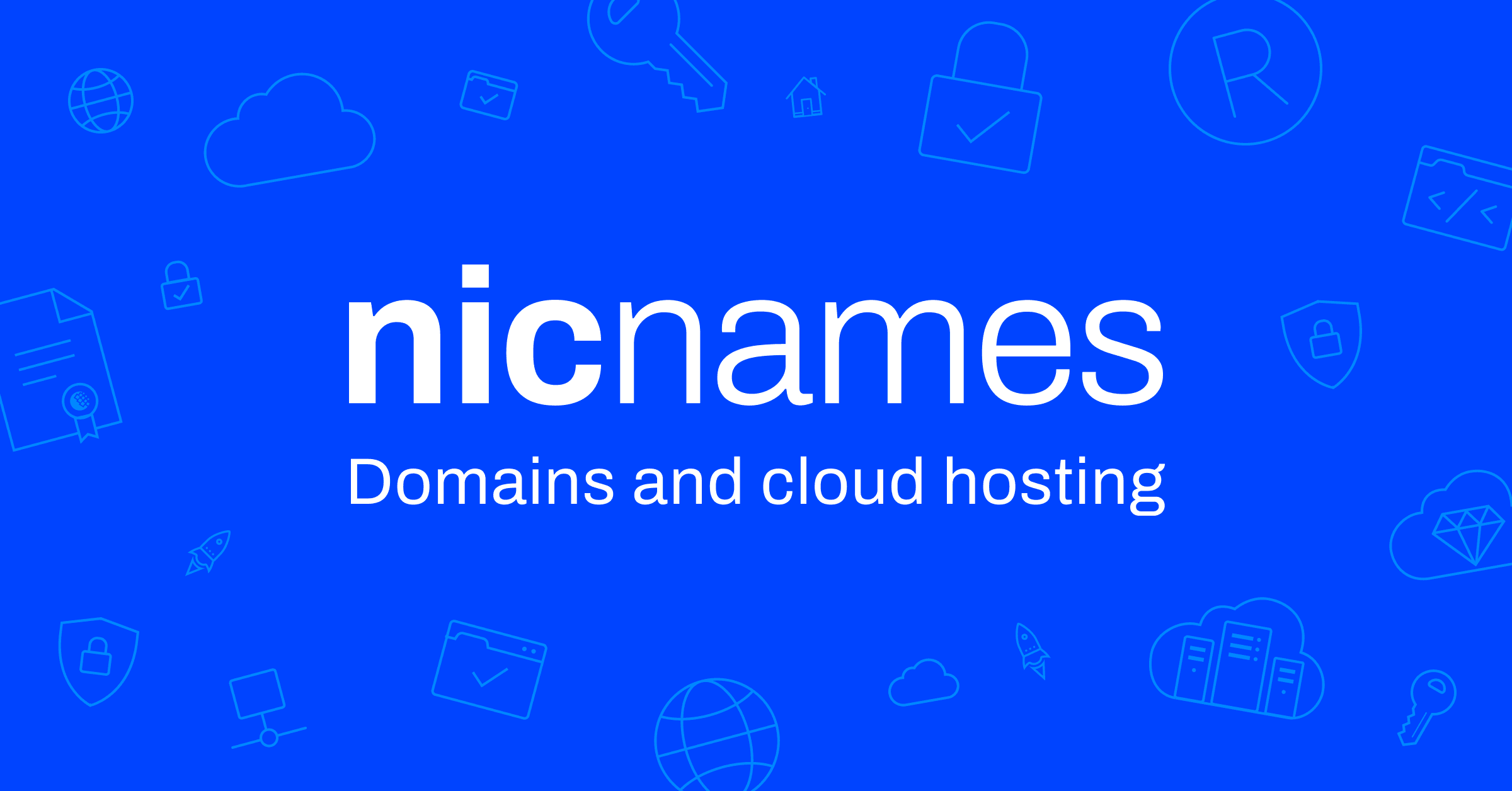
6 November 2023
BLOGBusiness Experience: Copywriter
When visiting any internet resource: a website, blog, landing page or social media page, we see text. We read. We perceive. We engage. Learn something new. People who write these texts are copywriters. Initially, only the creators of advertising texts were called this way. Over time, the concept expanded, as did the scope of activities of the masters of words. Today we will talk about the path into the field of writing texts with copywriter Sasha Razumnaya.
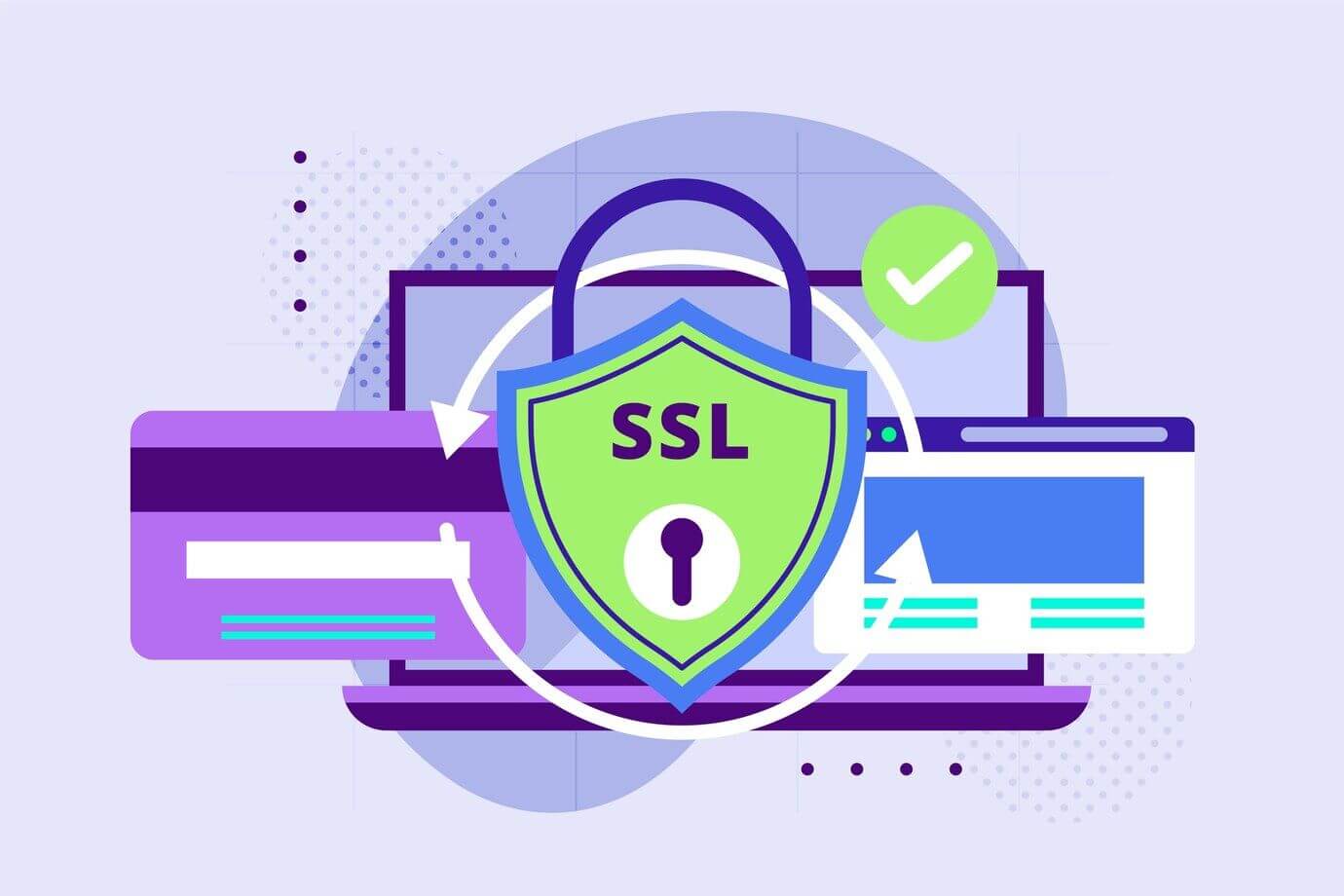
16 October 2023
BLOGSSL Certificates: A Detailed Guide
In today's rapidly evolving digital landscape, the importance of online security cannot be overstated. As cyber threats become more sophisticated, so must our defenses. Central to these defenses is the SSL certificate, a tool that enhances a website's security and helps establish trust with its visitors. This guide will walk you through everything you need about SSL certificates, from their basic definitions to their pivotal role in the modern web.
What is SSL?
SSL, or Secure Socket Layer, is the backbone of our secure internet and protects sensitive information as it travels across the world's computer networks. It's a cryptographic protocol designed to secure communications over a computer network. Historically, SSL has undergone several revisions to enhance its security, leading to its successor, TLS (Transport Layer Security). At its core, SSL ensures that all data transferred between a web server and a browser remains private and integral.
Why are SSL Certificates Necessary?
The encrypted communication facilitated by SSL is paramount in today's digital age. With the rising threat of cyberattacks, ensuring that data is transmitted securely is a top priority. Beyond this, SSL certificates have a profound impact on SEO. Search engines, recognizing the importance of user safety, have begun to favor secure sites, potentially boosting their ranking. Furthermore, an SSL certificate is a badge of trust for website visitors. It assures them that their sensitive data—payment information, login credentials, or personal data—is safe.
Types of SSL Certificates
There are several SSL certificates available, each catering to specific needs:
Domain Validated (DV): This offers basic encryption and is issued quickly after verifying the domain's ownership.
Organization Validated (OV): Beyond encryption, this involves vetting the requesting organization, providing an additional layer of trust.
Extended Validation (EV): The most rigorous of validations, EV certificates turn the address bar green in browsers, signaling the highest level of trust to visitors.
Wildcard SSL: This certificate is perfect for those needing to secure a main site along with its sub-domains.
Multi-Domain SSL: As the name suggests, this certificate can secure multiple domains under one umbrella.
How to Get an SSL Certificate
Choosing the right certificate depends on your needs. Once decided, the process is straightforward:
Purchase the certificate. At NicNames, we offer a range of SSL certificates tailored to various requirements.
Generate a Certificate Signing Request (CSR). This contains details about your website and your organization.
Once the CSR is submitted, the certificate authority will undertake a validation process.
Upon successful validation, the SSL certificate is issued.
Installing an SSL Certificate
Installation processes vary across servers. However, common steps include:
Acquiring the SSL certificate files from the issuing authority.
Uploading these files to your server.
Configuring your web server to use the certificate.
Ensuring all website links transition from HTTP to HTTPS to guarantee secure connections.
Common issues during installation include certificate mismatches or expired certificates. It's crucial to double-check all configurations and ensure that the correct certificate files are being used.
SSL and the Internet of Things (IoT)
The IoT ecosystem is growing exponentially. With devices interconnected, transmitting vast amounts of data, security becomes paramount. SSL certificates play a critical role in ensuring data between devices and servers remains secure. However, implementing SSL can be challenging given the diverse range of IoT devices. Each device might require a unique approach, so staying updated on best practices is essential.
The Role of SSL in Domain Reputation and SEO
An SSL certificate is more than just a tool for encryption—it's a stamp of authority and trust. Domains with SSL are viewed as more trustworthy, enhancing their reputation. This trust translates to SEO as well. Search engines prioritize secure sites, potentially boosting rankings. Moreover, users are more likely to engage with a site they trust, reducing bounce rates and increasing conversions.
Renewing and Managing Your SSL Certificates
SSL certificates, like all good things, come with an expiry date. It's crucial to renew them in a timely to prevent website downtimes or security lapses. Setting reminders and monitoring expiry dates can ensure a seamless experience. Renewal often mirrors the initial issuance process, but staying updated on any changes or requirements is essential.
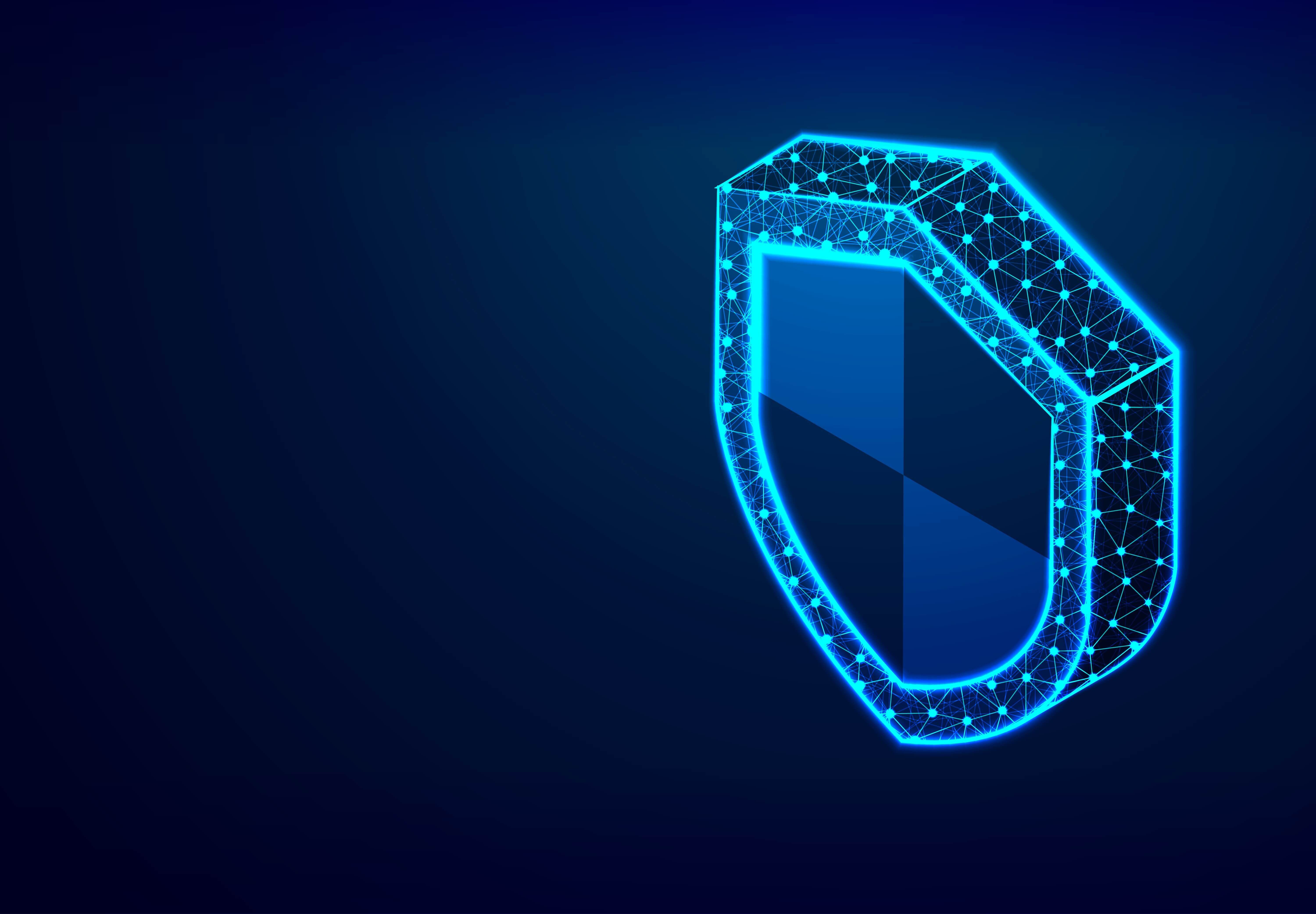
14 October 2023
BLOG10 Steps to Domain Protection: Safeguarding from Domain Hijacking
In the sprawling digital realm where cryptocurrencies and blockchain technologies are reshaping our virtual interactions, domain names have become pivotal assets requiring stringent security protocols. They are not just web addresses; domain names act as gateways to businesses, safeguarding brand identity and maintaining the integrity of the digital presence. However, with these technological advancements, cybercriminals have grown more sophisticated, often targeting domain names to disrupt businesses, malign reputations, and in some instances, manipulate blockchain transactions. Thus, ensuring the safety of your domain name against hijacking is paramount.
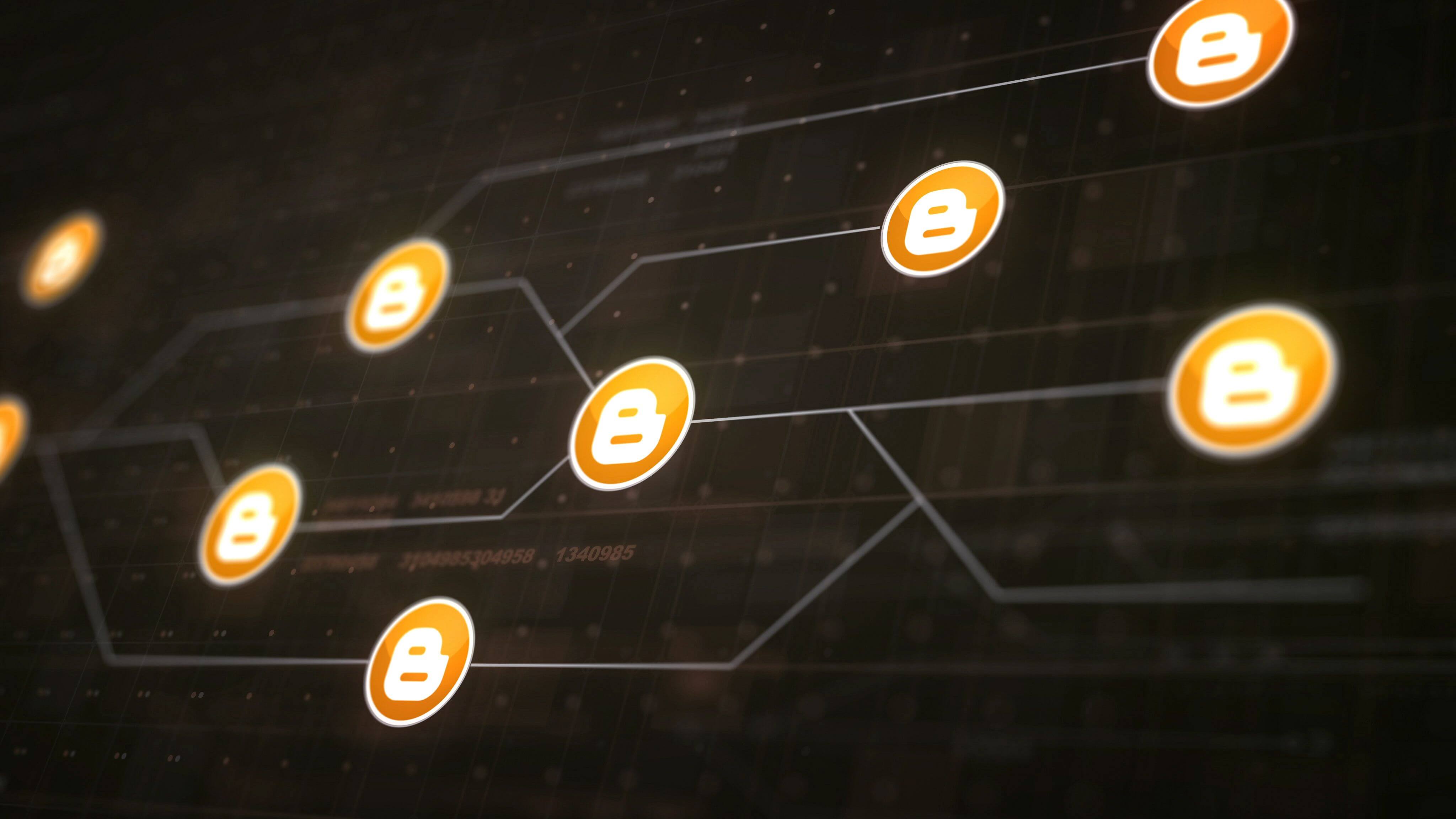
13 October 2023
BLOGBlockchain and Domains: Navigating Through the Decentralized Web Era
In an era where digitalization is not merely an option but a necessity, the intersection of blockchain technology and domain registration has emerged as a pivotal point in the evolution from Web 2.0 to Web 3.0. The decentralized web, or Web 3.0, promises a future where data ownership, privacy, and digital interactions are redefined, offering unparalleled control and security to users.
Web 3.0: The Decentralized Future
Web 3.0 heralds a new age of the internet, where decentralized protocols and technologies, like blockchain, play a crucial role in providing users with enhanced control over their digital identities, assets, and data. Unlike its predecessor, Web 2.0, which relies on centralized management, Web 3.0 leverages blockchain technology to establish a user-centric internet, where trust is established not by intermediaries but through verifiable and transparent transactions on the blockchain.
Blockchain: The Backbone of Decentralization
Blockchain technology, often hailed as the backbone of decentralization, is a distributed ledger that ensures data transparency, security, and immutability. By eliminating the need for a central authority, blockchain enables peer-to-peer interactions, ensuring that data integrity is maintained and each transaction is securely recorded across numerous nodes within the network.
Decentralized Domains: A New Paradigm for Online Identity
Decentralized domains powered by blockchain signify a paradigm shift in how online identities and domains are perceived and managed. Unlike traditional domains, decentralized domains are not governed by a centralized entity or registry. Instead, they are registered on a blockchain, ensuring that the domain owner has absolute control and ownership, safeguarded by the robust security and transparency of the blockchain.
Empowering Users Through Decentralized Control
Decentralized domains empower users by giving them unparalleled control and ownership of their digital identities. Through blockchain, users can manage, transfer, and secure their domains without intermediaries, ensuring that their online presence is truly theirs and is not subject to censorship or unauthorized access.
Benefits of Decentralized Domains
Security: Cryptographic security safeguards decentralized domains against unauthorized access and hacks.
Censorship-Resistant: Without a central authority, decentralized domains are immune to censorship and can be accessed globally without restrictions.
Ownership: Users have absolute ownership of their decentralized domains, ensuring complete control over their online identity and presence.
From decentralized websites (dWebsites) that are resistant to censorship and downtime to decentralized finance (DeFi) platforms that leverage decentralized domains for simplified and secure transactions, the applications of decentralized domains are vast and transformative.
Detailed Analysis of Blockchain’s Impact on Domain Registration
Blockchain technology is revolutionizing the domain registration by introducing a decentralized approach that enhances security and ownership. Unlike traditional domain registration systems, blockchain offers a transparent and immutable ledger, where domain ownership details are securely stored and cannot be altered or deleted by unauthorized entities.
Cryptocurrencies and smart contracts play a pivotal role in blockchain-based domain registration. Cryptocurrencies, like Bitcoin or Ethereum, facilitate secure and transparent transactions. At the same time, smart contracts automate the domain purchasing and management process, ensuring that the agreement terms are adhered to without intermediaries.
Despite its numerous advantages, integrating blockchain with domain registration presents challenges such as scalability, interoperability, and regulatory compliance. Ensuring that the blockchain network can handle many domain registrations while maintaining swift and smooth operations is crucial.

12 October 2023
BLOGWeb 3.0 Domains: Blockchain and Decentralized Internet Addresses
Navigating Through the New Age Internet: Web 3.0
In the digital era, Web 3.0 emerges as a pivotal revolution, steering the internet towards a more semantic and user-centric experience. Transitioning from Web 2.0, which emphasized social networks and user-generated content, Web 3.0 accentuates decentralized structures and intelligent web applications. This evolution significantly impacts domain names and registrations, introducing a new paradigm where blockchain and decentralized technologies take center stage.
Decoding Web 3.0: A Paradigm Shift in Domain Management
Web 3.0, often dubbed as the "Semantic Web", facilitates a more interconnected and intelligent internet, where data is linked and can be processed by machines. This evolution introduces a transformative approach to domain registration and management, where blockchain domains and decentralized structures pave the way for a more secure, user-friendly, and censorship-resistant web.
The Symbiosis Between Web 3.0 and Domain Strategies
The advent of Web 3.0 has redefined domain name selection and strategy, emphasizing the importance of aligning domain names with decentralized internet structures. In this era, domain names transcend mere web addresses, becoming crucial assets that enhance brand visibility and trust in a decentralized digital landscape.
Blockchain Domains: The Future of Internet Addresses
Blockchain domains signify a groundbreaking shift in how we perceive internet addresses. Unlike traditional domains, blockchain domains are decentralized, censorship-resistant, and provide enhanced security and privacy features. These domains are not governed by a centralized authority, offering users true ownership and control over their digital identity.
Altering Internet Topography with Blockchain Domains
Blockchain domains are not merely a technological advancement; they are reshaping internet usage and domain registration by offering unparalleled advantages like facilitating cryptocurrency transactions and ensuring user autonomy. However, they also present challenges, such as widespread adoption and compatibility issues, which need to be navigated with strategic foresight.
Decentralized Domains: A New Era of Privacy and Security
Decentralized domains, powered by blockchain technology, emerge as a beacon of enhanced privacy and security in the digital realm. These domains are not stored on traditional DNS servers but are recorded on blockchain, ensuring resistance against hacking, censorship, and unauthorized access, thereby safeguarding user data and online presence.
Navigating the World of Decentralized Domains
Acquiring and managing decentralized domains involves understanding blockchain technology, selecting a suitable blockchain domain registrar, and navigating through the process of domain registration and management. Businesses across the globe, from various sectors, have begun exploring decentralized domains, providing insightful case studies that showcase the potential and challenges of adopting this technology.
Real-world Implications: Case Studies on Web 3.0 Domains
Businesses venturing into the realm of Web 3.0 domains are pioneering a new digital landscape, offering valuable insights through their journeys. Analyzing these case studies reveals practical applications, strategies, challenges, and outcomes of implementing Web 3.0 domain strategies, providing a roadmap for businesses contemplating a similar journey.
Practical Guide to Adopting Web 3.0 Domain Strategies
Adopting Web 3.0 domain strategies involves understanding the decentralized web, selecting a blockchain domain, and implementing strategies that align with the brand’s digital identity. A step-by-step guide, encompassing domain selection, registration, management, and utilization, coupled with tips and best practices, can empower businesses to navigate through Web 3.0 domain registration and management effectively.
Concluding Thoughts on Web 3.0 and Its Domain Innovations
Web 3.0, with its domain innovations, has ushered in a new internet era, emphasizing decentralization, user empowerment, and intelligent connectivity. Understanding and navigating through the complexities and opportunities presented by Web 3.0 domains are crucial for businesses aiming to stay relevant and competitive in the digital future.

11 October 2023
BLOGDomain Strategies for Startups
In the digital era, where startups burgeon with innovative ideas and robust technologies, establishing a potent online presence has become quintessential. Domain strategies, often an overlooked aspect, play a pivotal role in sculpting the digital identity of startups, thereby influencing their branding and Search Engine Optimization (SEO) endeavors. A domain name, essentially your startup's first digital handshake with potential clients, not only acts as a digital address but also significantly impacts brand perception and online discoverability. This article delves into the multifaceted aspects of domain strategies, intertwining the realms of branding and SEO, and elucidates how startups can navigate through the digital landscape with astute domain strategies.
The Impact of Domain Names on Branding
A domain name, often perceived as a mere web address, transcends beyond its basic functionality, emerging as a potent tool in carving a startup's digital brand identity. The first impression, undeniably, casts a lasting impact, and a domain name is no exception to this adage. It becomes the initial interaction point for users, encapsulating the brand's essence and facilitating recall value, which is paramount in the crowded digital space. A meticulously chosen domain name resonates with the brand ethos and enhances brand recognition, fostering a robust digital footprint.
Embark on your startup journey with a domain that speaks volumes! Our cutting-edge AI Domain Search is here to revolutionize how you find that perfect domain name. It’s smart, swift, and tailored to find domain options that resonate with your brand and niche.
SEO Implications of Domain Choices
Embarking on the digital journey, startups often encounter the intricate web of Search Engine Optimization (SEO), where domain names emerge as silent yet potent players. Choosing a domain name, especially one rich in keywords, can significantly bolster a startup's visibility on search engines, enhancing its accessibility to potential clients. Keyword-rich domains amplify search rankings and align the startup with industry-specific searches, thereby driving relevant traffic and establishing a solid foundation for online visibility and credibility.
Incorporating Keywords into Domain Names
Strategizing domain names necessitates a delicate balance, intertwining brand essence with SEO by incorporating relevant keywords. Keywords, especially those pertinent to the startup's industry, enhance discoverability amidst the vast digital ocean. However, the strategy extends beyond mere keyword stuffing. It involves identifying keywords that align with the startup's offerings and resonate with potential search queries. The equilibrium between a brand-oriented and keyword-oriented domain name ensures that the startup does not sacrifice its unique identity for the sake of SEO, thereby maintaining its distinctiveness while optimizing discoverability.
Domain Name Extensions and Their Significance
Navigating through the myriad of domain extensions, startups encounter a plethora of options, each with its unique implications and connotations. From the ubiquitous ".com" to industry-specific extensions like ".tech" or ".io" and geo-specific ones like ".us" or ".uk," domain extensions offer varied opportunities to enhance brand perception and relevance. While ".com" often emerges as a universally recognized and trusted extension, industry and geo-specific extensions provide an opportunity to carve a niche, signaling the startup's focus area or target geography, thereby enhancing relevance and recall among target audiences.
Domain Authority and Backlink Strategies
Domain Authority (DA) is a search engine ranking score that predicts a website's ability to rank on search engine result pages (SERPs). It ranges from one to 100, with higher scores corresponding to a greater ability to rank. Startups should prioritize enhancing their DA as it is a crucial factor in SEO performance. Strategies to bolster backlinks and improve DA include creating high-quality, shareable content, guest posting on reputable sites, and establishing partnerships with influential websites in the relevant industry.
Local SEO and Geo-Targeted Domains
Local SEO is pivotal for startups, especially those targeting specific geographical markets. A geo-targeted domain, including a city or country name, can significantly boost local SEO efforts. Strategies for optimizing domains for local SEO involve ensuring that the startup's Name, Address, and Phone number (NAP) are consistent across all online platforms and utilizing local keywords in the domain and content. Engaging in local forums and communities and getting listed in local directories, can also enhance visibility in local search results.
Analyzing Successful Domain Strategies
Exploring real-world scenarios provides tangible insights into the impact of effective domain strategies on startups. For instance, a startup might grow exponentially by choosing a domain name that perfectly aligns with its brand and utilizes SEO-friendly keywords. Analyzing such case studies allows startups to glean key takeaways, such as the importance of a concise, memorable, and easy-to-spell domain and the SEO benefits of choosing a domain that resonates with the target audience and the brand's offerings.
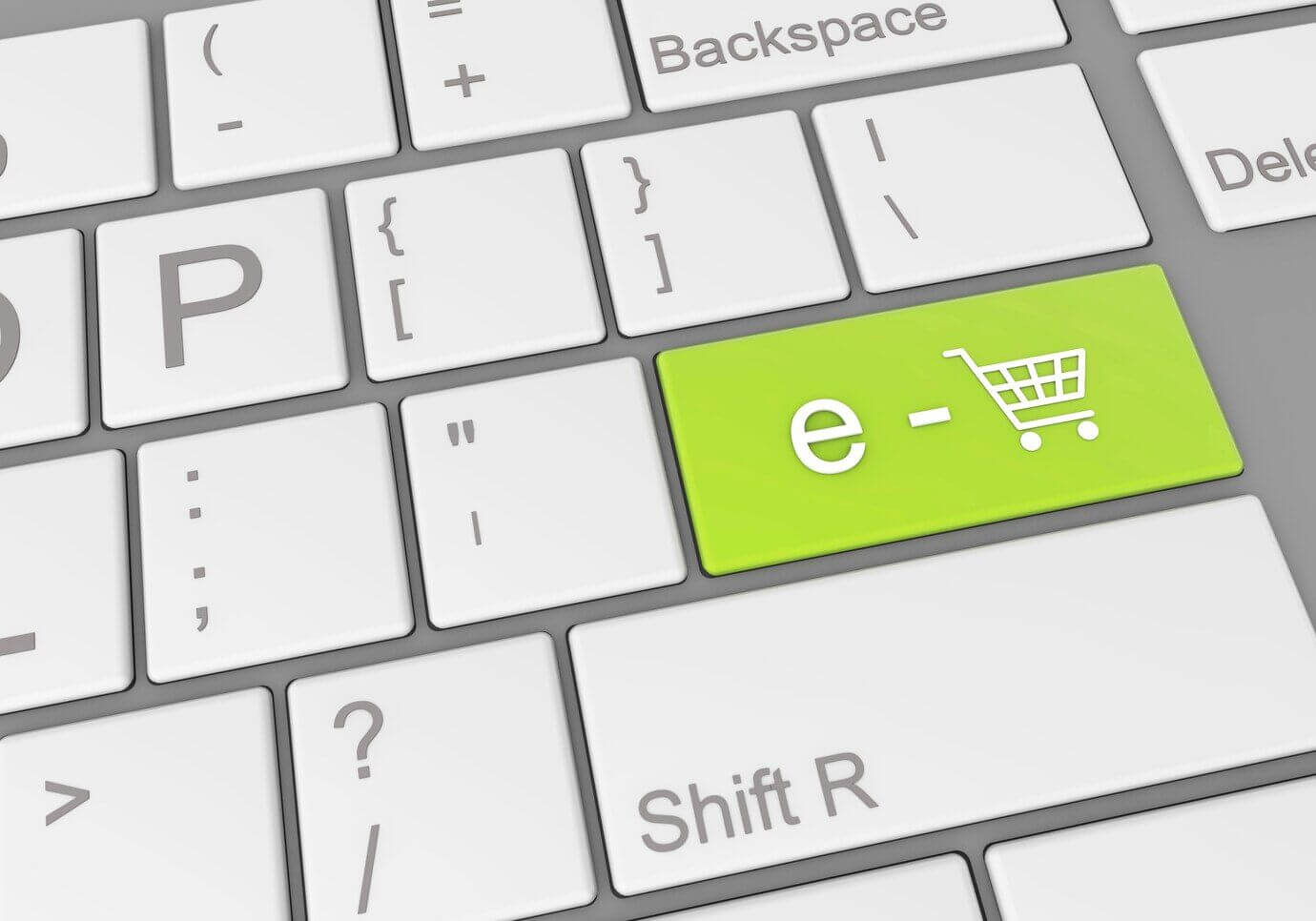
24 September 2023
BLOGE-commerce Domain Selection: The Ultimate Guide
How to Choose the Perfect Domain Name for Your E-commerce Store
In today's digital era, the world of e-commerce is vast and fiercely competitive. With millions of online stores vying for attention, your domain name becomes your first handshake with potential customers. It's an introduction, a brand statement, and a critical component of your online identity, especially in the dynamic landscape of the Internet of Things (IoT).
Understand Your Brand
Before you even begin the process of domain selection, a deep introspection into your brand's core is essential:
Identity: Every brand has a personality. It could be playful, sophisticated, eco-conscious, or luxury-driven. This identity should echo in your domain.
Products & Services: Your domain can provide a hint or a full picture of what you offer. Whether it's tech gadgets, artisan chocolates, or sustainable fashion, your domain can be a teaser of what's inside.
Target Audience: Your domain should resonate with the demographic you're aiming for, be it millennials, busy parents, professionals, or adventure seekers.
By aligning your domain with your brand ethos, you ensure a seamless transition from customer expectation to the actual shopping experience.
SEO Considerations
While branding is subjective, SEO is more technical. Your domain name plays a surprising role in your search engine rankings. Consider incorporating high-volume keywords related to your industry, but caution is advised. Overstuffing with keywords can appear spammy. The goal is a harmonious blend of brand identity and SEO optimization to drive organic traffic effectively.
In the vast ocean of the internet, visibility is crucial. A domain that's optimized for search engines can be a beacon:
Relevant Keywords: Words that potential customers might type into search engines can be integrated into your domain. For instance, if you're selling handmade shoes, 'artisan' or 'handcrafted 'are worthy considerations.
Balancing Act: While keywords are essential, a domain should not appear as a mere collection of trending words. It should retain a natural flow.
Research Tools: Platforms like Google's Keyword Planner or SEMrush can provide insights into high-ranking keywords relevant to your offerings.
Keep It Simple
Amidst the noise of the digital world, simplicity can be a breath of fresh air:
Easily Typed: Your domain should be typo-resistant. Avoid words that have multiple common spellings.
Pronunciation Clarity: If mentioning your domain in a podcast or over a phone call becomes a chore due to its complexity, you should rethink it.
Instant Recall: In an age of information overload, a domain that sticks after the first encounter can be gold.
Domain Extension Choices
Beyond the name, the extension can add layers of meaning:
.com: While it's the most sought-after, it might only sometimes be available or relevant. However, its universality is undeniable
Niche Extensions: With the proliferation of TLDs (Top-Level Domains), extensions like ".store," ".shop," or ".boutique" can provide immediate context.
Geo-specific: If your e-commerce store caters specifically to a region, extensions like ".nyc" or ".paris" can be potent tools for localization.
Avoiding Legal Hassles
Legal due diligence is often overlooked in the excitement of starting an e-commerce venture. Ensure your chosen domain isn't treading on established trademarks. A quick search on trademark databases can save you from potential legal battles and rebranding nightmares.
The digital space isn't devoid of legal intricacies:
Trademark Checks: An inadvertent overlap with an existing trademark can lead to unnecessary legal tussles.
Legal Counsel: It's always prudent to have a legal professional give the green light to your domain choice.
Continuous Monitoring: With emerging brands and trademarks, periodic checks ensure your domain remains conflict-free.
Future-Proofing Your Domain
E-commerce is dynamic. Today's niche product could be tomorrow's bestseller. When choosing a domain, think long-term. Will it still be relevant if you expand your product line or venture into new markets? A domain name adaptable to future shifts in strategy is a wise investment.
The world of e-commerce is in constant flux:
Versatility: A domain that's too niche might not serve you well if you decide to diversify your product range.
Timelessness: While it's essential to be trendy, ensure that the domain remains relevant as trends shift.
Geographical Expansion: If you have plans to go global, secure your domain doesn't pigeonhole you geographically.
Integration with the IoT Landscape
We're moving towards a more interconnected digital ecosystem. Your e-commerce store isn't just accessed from a desktop or mobile; it's browsed on smart fridges, voiced-searched through smart speakers, and more. Choose a domain that's versatile and easily recognized across various IoT devices.
With the advent of smart homes and interconnected devices, e-commerce is no longer limited to traditional browsing methods:Voice
Search Compatibility: As devices like Alexa or Google Home become household staples, ensuring that voice assistants easily recognize your domain is crucial.
Inter-device Fluidity: From smart TVs to AI-powered refrigerators, the new-age consumer might access your store from many devices.
Optimization for Speed: In the IoT era, speed is paramount. Ensure that your domain's hosting is optimized for rapid loading across devices.
Protecting Your Domain
Once you've secured your domain, the protection phase begins:
Variation Registration: Register common misspellings or closely related names to ensure competitors don't capitalize on your brand's name.
SSL Certification: As an e-commerce store, ensuring your customers' data remains confidential is crucial. SSL certification not only provides this security but also boosts SEO rankings.
Timely Renewals: Domains aren't a one-time purchase. Set reminders for renewals to ensure continuity.
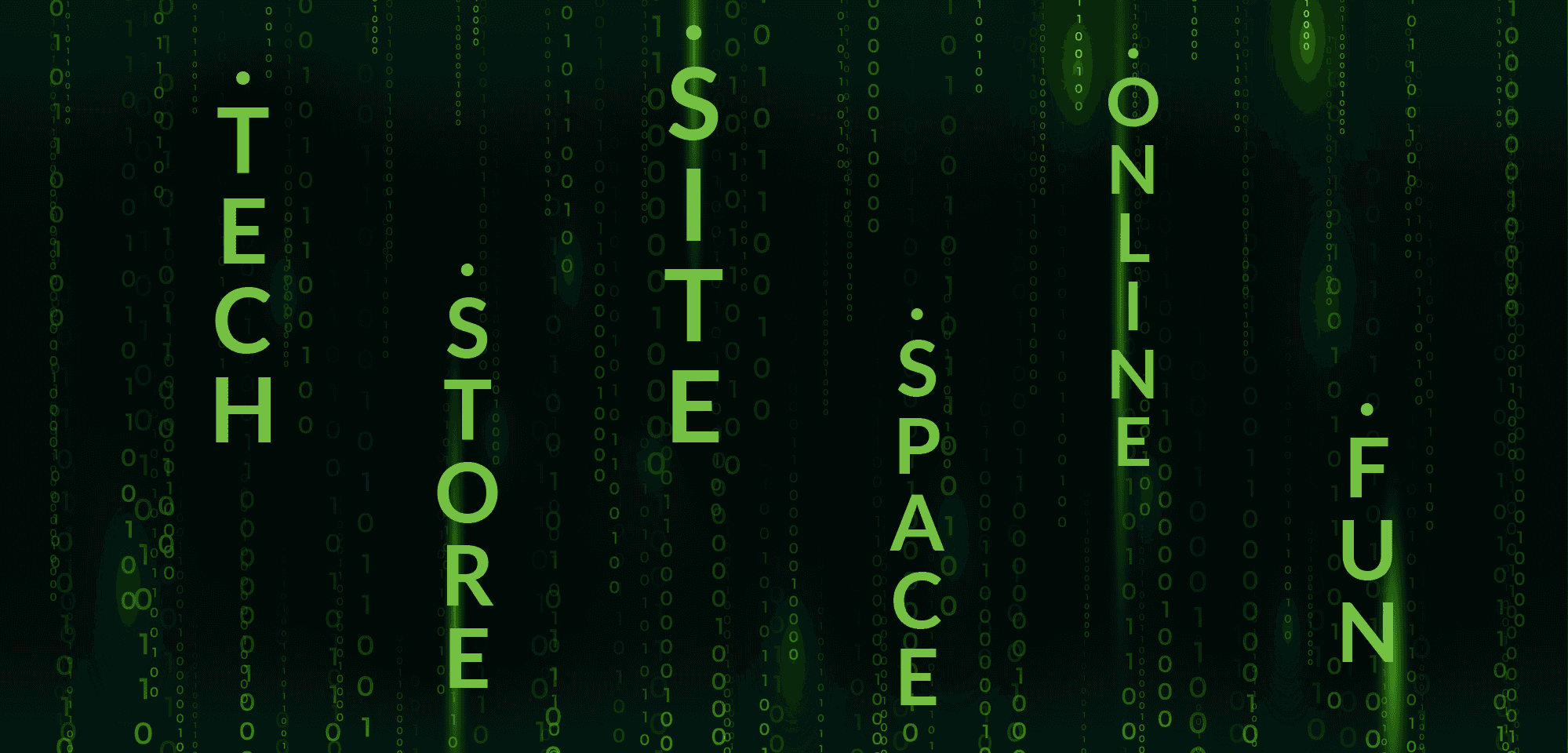
9 May 2023
NEWSPremium domain names in the .site, .store, .online, .tech, .space, and .fun domain zones.
We’re happy to announce that starting from March 2023, premium domain names in the .site, .store, .online, .space, .tech, and .fun domain zones will be available for registration.
When searching for a new domain, you may come across some beautiful and short domains marked as premium. Now, you can purchase such a domain using your Visa/MC payment card. Previously, we only mentioned that these were premium domains but did not provide the option to buy them.
This is a significant event for anyone looking to create a unique and memorable website for their business, brand, or personal use.
Premium domain names are unique domain names that have high value due to their shortness, ease of memorization, and the presence of keywords. These domains differ from regular domains in that they may cost more, but they offer more potential for creating a strong brand and successful online presence.
If you're looking to take your online presence to the next level, now is the perfect time to invest in a premium domain name. With the added convenience of purchasing these domains using your Visa/MC payment card, getting your hands on a valuable and memorable domain name has never been easier.


